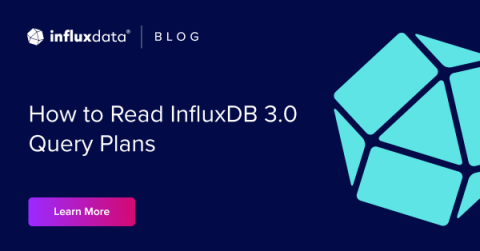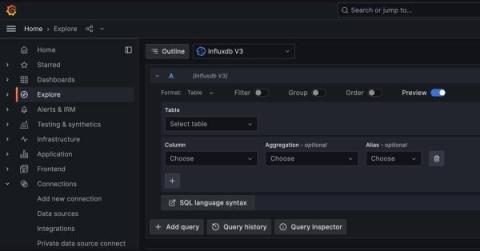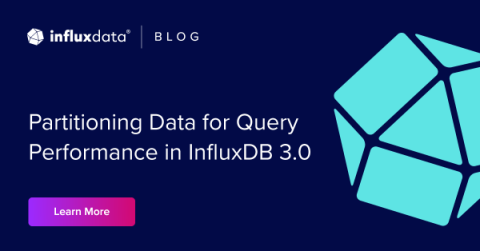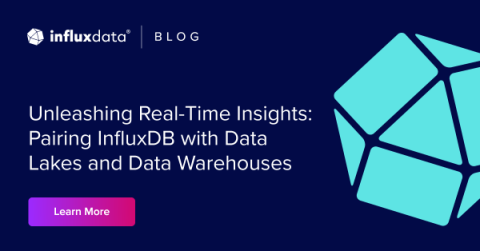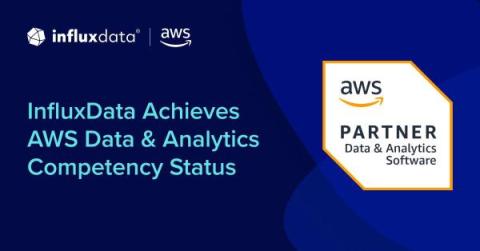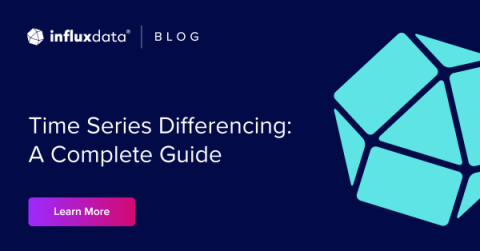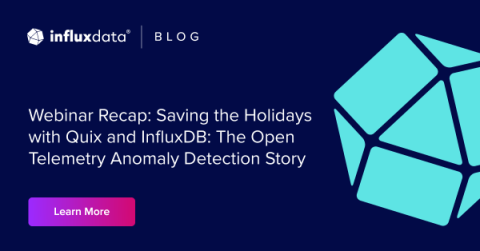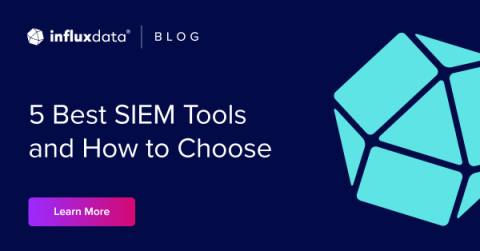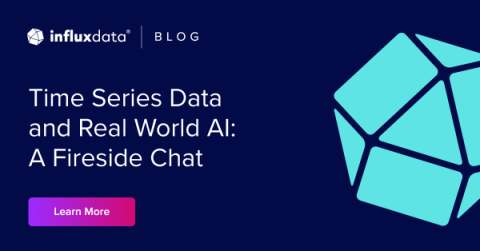How to read InfluxDB 3.0 Query Plans
This blog post explains how to read a query plan in InfluxDB 3.0 and requires basic knowledge of InfluxDB 3.0 System Architecture. InfluxDB 3.0 supports two query languages: SQL and InfluxQL. The database executes a query written in either SQL or InfluxQL according to the instructions of a query plan.


